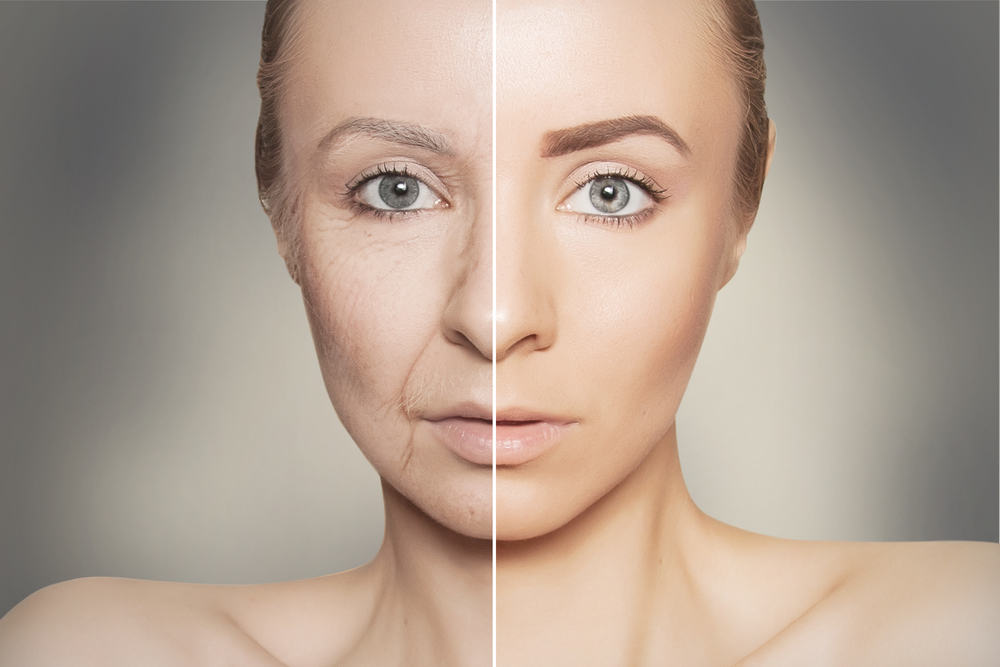Contents:
Medical Video: Living With Stage 4 Breast Cancer
When cancer cells spread and affect other parts of the body besides the breast, this stage is classified as stage 4 breast cancer. This type of cancer is different from recurrence of cancer, where the cancer usually returns to attack after therapy is successful and does not detect other cancer cells.
The most common location for cancer cells to spread is bone, liver, brain, lungs, and lymph nodes. When the spread begins, breast cancer can no longer be cured. Even so, determining the prognosis of each person can be different from each other.
Statistics
Statistics can be misleading. Statistical results are processed based solely on large human populations with variable characteristics that are too broad. Stage 4 breast cancer patients have a survival rate of 22% after 5 years of walking therapy compared with non-breast cancer patients. But if examined further, this statistic is not a fixed price. According to the American Cancer Society, the number of deaths from breast cancer has declined steadily from year to year since the 1990s. A specialist is needed who has considered all unique factors into a particular situation to determine the prognosis of a breast cancer patient.
Factors affecting prognosis
Every stage 4 breast cancer patient has different factors and conditions between each other. So, the prognosis produced will also be different. There are a number of factors that doctors can consider to determine the prognosis, namely:
- The time span between the last therapy with the incidence of spread (metastasis)
- Metastatic type: local or remote
- Bone metastasis or soft tissue
- The presence of hormone receptors
- Type of therapy
Time factor
Patients with breast cancer who have spread for more than five years since their last therapy have a better prognosis than the group of patients whose cancer spread begins earlier, two years or less since starting therapy. Breast cancer generally spreads within two years.
Metastatic type
The best prognosis is found in patients with local metastases, in the chest or armpit area. The further the spread of cancer cells, the worse the prognosis.
Network type
The worst prognosis is usually found in patients who have cancer complications in various fine tissues, such as the brain, lungs, or liver.
The presence of hormone receptors
According to the American Cancer Society study, about two-thirds of breast cancer cases are positive hormone receptors. This characteristic will make it easier for doctors and patients to determine the type of therapy that is most likely to be done: hormone therapy. Drugs such as aromatase inhibitors stop or slow down estrogen production, which will stop the growth of tumors that are sensitive to estrogen. Tamoxifen works to block estrogen from facilitating tumor growth.
Therapy
Therapy is specifically designed to increase the chances of survival and prognosis of cancer patients. How well the progress of cancer treatment can depend on the therapy chosen. There are two main types of therapy:
- Local therapy - designed to attack certain tumors. Local therapy includes procedures for removing tumors and radiation to shrink or turn off tumors
- Systemic therapy - designed so that drugs can "travel" through the bloodstream throughout the body. Chemo and hormone therapy is systemic therapy
Systemic therapy can kill cancer cells that have spread throughout the body, as well as cancer cells that are remote and difficult to find. Systemic therapy can produce a better prognosis than local therapy.
Then, what can I do?
If you are diagnosed with stage 4 breast cancer, the best thing you can do is continue to communicate and work with your doctor (or the team of doctors who are prepared to handle you). Openness is an important factor that can affect the healing process. Tell your doctor about all your concerns about your symptoms, your therapy, and the prognosis that has been determined for you. Make sure you understand correctly about the details of the treatment options that your doctor recommends and why. Finally, make a commitment to routinely run the therapy that you have agreed with your doctor.












